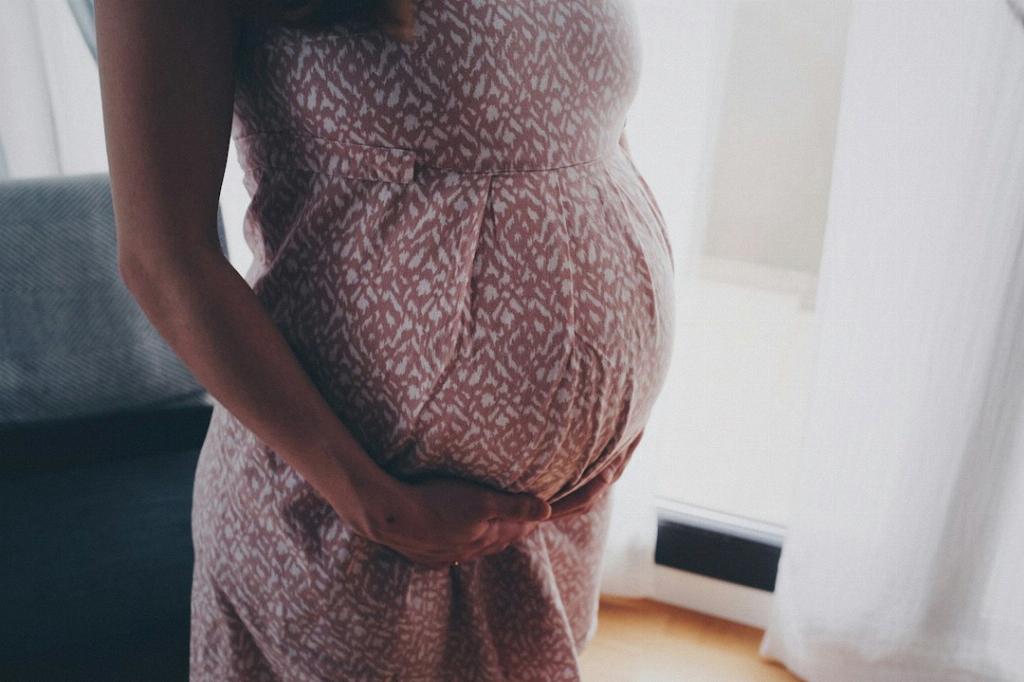When we talk about pregnancy, the focus is mainly on the expectant mother and all the changes she goes through during this miraculous journey. However, something that often gets overlooked is the experience of the father-to-be. Enter the Dad Pregnancy Syndrome, also known as Couvade syndrome or sympathetic pregnancy.
So, what exactly is the Dad Pregnancy Syndrome? Well, it’s a proposed condition in which an expectant father starts experiencing physical and psychological symptoms that mirror those of his pregnant partner. This phenomenon is not uncommon and can manifest in various ways.
One of the hallmark symptoms of the Dad Pregnancy Syndrome is major weight gain. It’s not uncommon for expectant fathers to pack on a few extra pounds during their partner’s pregnancy. This weight gain can be attributed to various factors, including stress, changes in routine, and even hormonal shifts.
Moreover, altered hormone levels are another key feature of the Dad Pregnancy Syndrome. Research indicates that expectant fathers can experience hormonal changes similar to those seen in pregnant women. These hormonal fluctuations can influence mood, appetite, and even physical appearance.
Morning nausea is another symptom that many fathers-to-be report experiencing. Just like morning sickness in pregnant women, expectant fathers may find themselves feeling queasy or nauseated, especially during the early hours of the day. This can be a challenging symptom to deal with but is a common aspect of the Dad Pregnancy Syndrome.
Disturbed sleep patterns are also a common feature of the Dad Pregnancy Syndrome. Many expectant fathers report having trouble sleeping or experiencing vivid dreams during their partner’s pregnancy. These disturbances in sleep can be attributed to a mix of anxiety, excitement, and hormonal changes.
It’s important to note that the Dad Pregnancy Syndrome is not a recognized medical condition but rather a term used to describe the phenomenon of expectant fathers experiencing pregnancy-like symptoms. While some may dismiss it as purely psychological, the reality is that many fathers-to-be genuinely go through these changes.
Psychologically, the Dad Pregnancy Syndrome can be both a blessing and a challenge. On one hand, it allows the father-to-be to empathize with his partner and better understand what she is going through. This shared experience can strengthen the bond between the couple and help them navigate the ups and downs of pregnancy together.
On the other hand, the Dad Pregnancy Syndrome can also be a source of stress and anxiety. Feeling unprepared for the changes happening in their bodies, expectant fathers may struggle to cope with the physical and emotional challenges that come with pregnancy. It’s essential for them to seek support and communicate their feelings openly.
Overall, the Dad Pregnancy Syndrome sheds light on the fact that pregnancy is not just a woman’s journey but a shared experience between partners. Recognizing and acknowledging the unique challenges faced by expectant fathers can lead to a more supportive and understanding environment for both parents as they prepare for the arrival of their little one.
In conclusion, the Dad Pregnancy Syndrome is a fascinating yet often overlooked aspect of the journey to parenthood. By understanding and recognizing the physical and psychological changes that expectant fathers may undergo, we can promote empathy, communication, and support within the family unit as they navigate this transformative time together.

